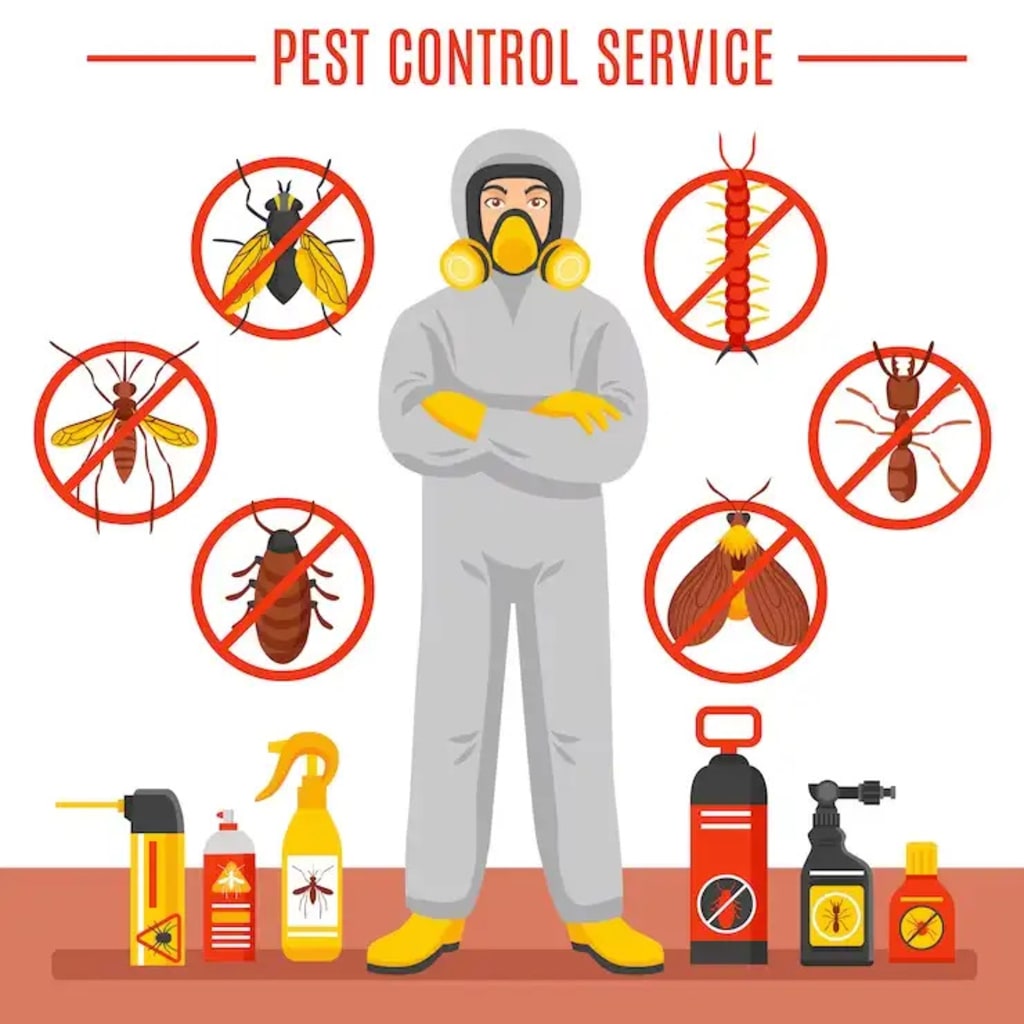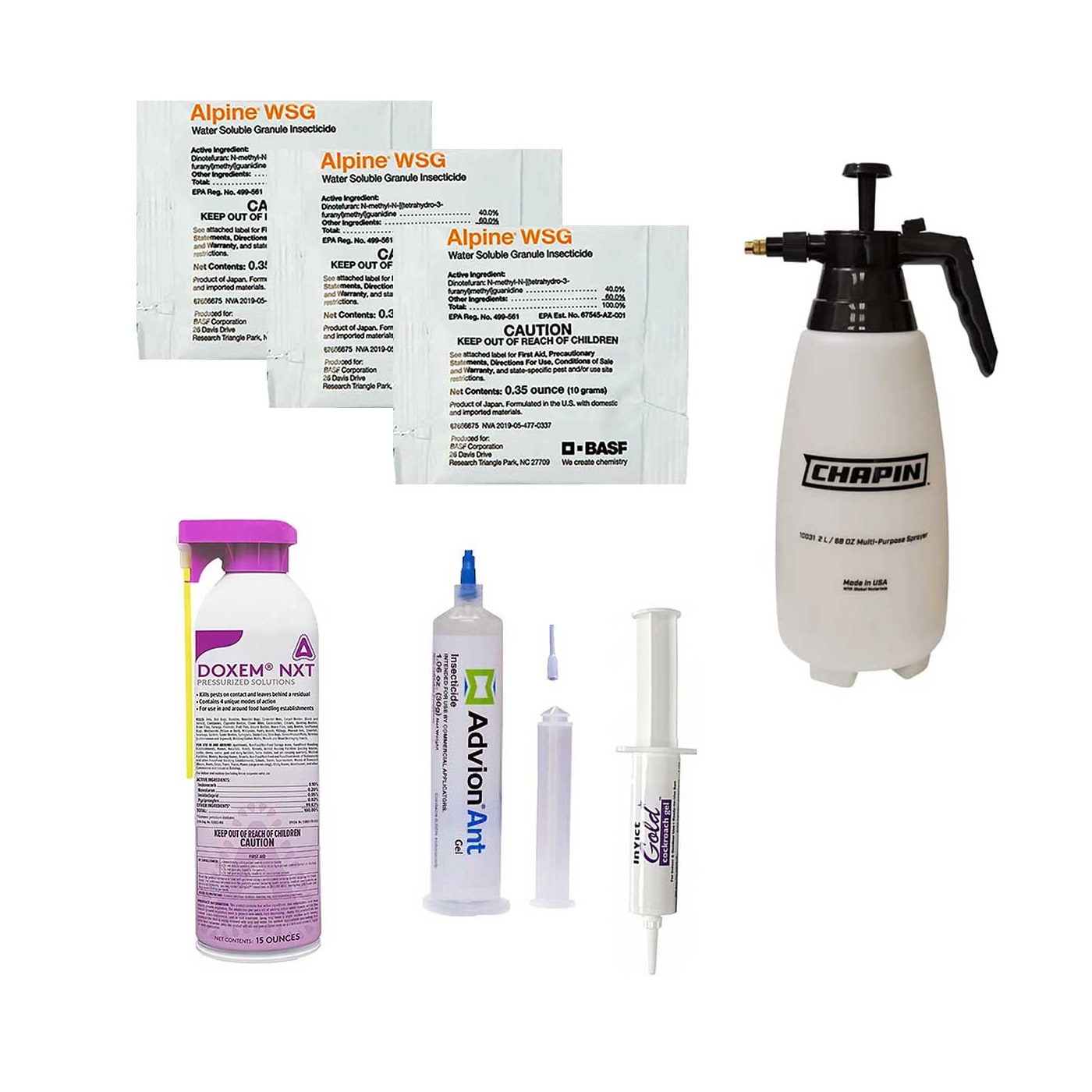The 10-Minute Rule for Pestwise
The 10-Minute Rule for Pestwise
Blog Article
All about Pestwise
Table of ContentsMore About PestwiseFacts About Pestwise RevealedThe smart Trick of Pestwise That Nobody is Talking AboutNot known Details About Pestwise The Facts About Pestwise UncoveredThe Best Strategy To Use For PestwiseThe smart Trick of Pestwise That Nobody is Discussing

Q. Specify "integrated parasite monitoring" (IPM) and listing several feasible control strategies that might be made use of in an IPM method. A. Integrated pest monitoring is the integrating of appropriate pest control methods into a solitary plan to lower parasites and their damage to an appropriate level. Parasite control strategies might include: host resistance, organic control, cultural control, mechanical control, hygiene, and chemical (pesticide) control.
Pestwise Things To Know Before You Buy
What can you do to keep the parasites you are trying to manage from becoming immune to the chemicals you make use of? A. Pest resistance can be decreased by utilizing incorporated insect administration and revolving the kinds of chemicals used.
Insects are a crucial danger to the farming organization, and integrated bug monitoring aids growers address and mitigate these dangers. Integrated bug monitoring makes use of numerous approaches in complex, therefore being a much more efficient option to the problem. Bed Bug Treatment. Particularly, removing hostile chemical approaches enables minimizing harm to individuals and the setting by making use of all-natural and much safer alternatives instead
All About Pestwise
The goal of integrated pest management is to reduce this harm and control appropriate infestation levels instead of eradicate all undesirable populations. This is why it is essential to comprehend what steps are warranted in each situation and usage aggressive ones only when various other integrated monitoring methods do not function. Integrated administration reduces the adverse repercussions of a non-IPM approach, and the primary benefits of IPM Conveniences of IPM.
An appropriate understanding of the problem range establishes if the issue needs to be attended to. are the following components of an IPM program due to the fact that it is vital to realize if the organisms make potential dangers and pick the integrated management choices or the specific important source pesticide usage. intend to decrease problems by applying different agronomic strategies.
The Buzz on Pestwise
if prevention was inefficient. Integrated monitoring alternatives in an IPM program begin with more secure to more aggressive ones. Target or program chemical splashing may comply with hands-on elimination or capturing that hasn't assisted. Those incorporated monitoring facets help comprehend exactly how to prepare and carry out an IPM program action by action: Display your plants consistently.

Among others, IPM cultural methods consist of the complying with area administration strategies: soil treatment; option of suitable plants; crop turning; interplanting or strip chopping; choice of growing days; weed control; usage of catch plants. Positive dirt conditions speed up plant development, and strenuous crops are much more immune to infestations. Healthy plants and seeds determine successful crop advancement, so it is important to choose pest-free planting product with solid origins.
, which is also used in the integrated pest administration system. Conversely, infestations enhance when plants of the exact same crop type or family grow together.
, as well as tomatoes. Planting catch plants in spots is one more choice for IPM intercropping. This integrated parasite administration technique recommends attracting insects to certain plants and then regulating them with chemical or mechanical techniques.
Pestwise Fundamentals Explained
Obstacles are typical examples of physical IPM techniques. Fully grown pests or their eggs and larvae are collected by hand and ruined.

Department of Plant Sciences. This incorporated management technique indicates an usual means of damaging pests by predators, parasitoids, microorganisms, and various other organic control representatives (also known as hostile organisms). The duty of organic control in IPM is to.
Some Ideas on Pestwise You Should Know
With time, their populace transformed out to be an actual hassle to farmers along with aboriginal kangaroos or dingoes. The walking stick toad is one more situation showing integrated organic control failing in this regard when it refused to quest the target species and became a pest itself. Parasitoids create on or within their hosts to ultimately kill them after growing.
Report this page